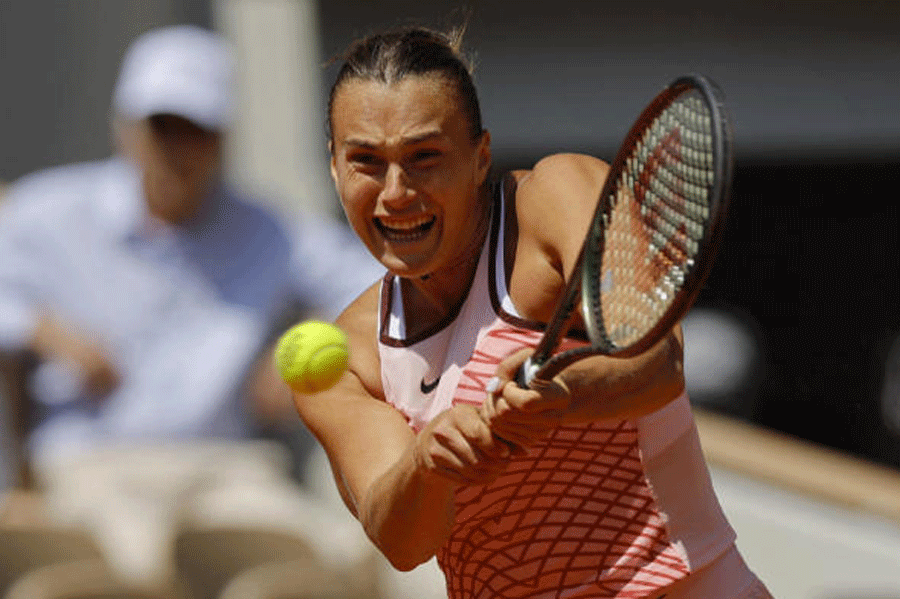Tournament director Craig Tiley said on Monday that late finishes are inevitable at the Australian Open despite the introduction of an extra day this year to help with fixture congestion.
The year’s first grand slam is notorious for its late finishes and in 2008 a match between Lleyton Hewitt and Marcos Baghdatis famously concluded at 4.33am.
Last year, Andy Murray and Thanasi Kokkinakis ended their marathon second-round battle at 4.05am in a match that lasted nearly six hours.
The final match of the first day of the 15-day Australian Open on Sunday started at 11.41pm after Novak Djokovic had taken four hours to win his first-round match against qualifier Dino Prizmic.
Mercifully, women’s defending champion Aryna Sabalenka raced through her tournament opener in less than an hour but Tiley said players had to expect to play into the early hours at Melbourne Park on occasion.
“We finished at 12.35am and we have taken the edge off having the possibility of late finishes,” Tiley told Australia’s Channel Nine on Monday.
“Nobody could predict that Novak would have gone over four hours to play a qualifier. No one would have predicted that putting a schedule on.
“It’s going to happen and it will happen again, it could happen tonight or tomorrow night.”
The WTA and ATP Tours made a joint announcement this month limiting the number of matches that can be scheduled on a court in an evening session and banning contests beginning after 11pm in the interests of player welfare.
This year, day sessions on Rod Laver Arena and Margaret Court Arena — the two centrepiece courts — will have a minimum of two matches scheduled instead of three.
By stretching the tournament out a day, increasing the number of sessions across three arenas from 47 to 52, and scheduling three days for first-round action instead of two, it was hoped that fans will get to see more tennis at a friendlier time, and players won’t bear the brunt of extreme late nights that can effectively ruin their chances in the next round.
The four grand slams are not, however, bound by the rules of the tours.
Players, including Djokovic, backed the extension of the tournament if it resulted in fewer late finishes.
Written with inputs from Reuters











